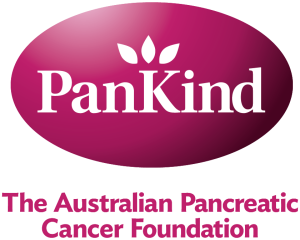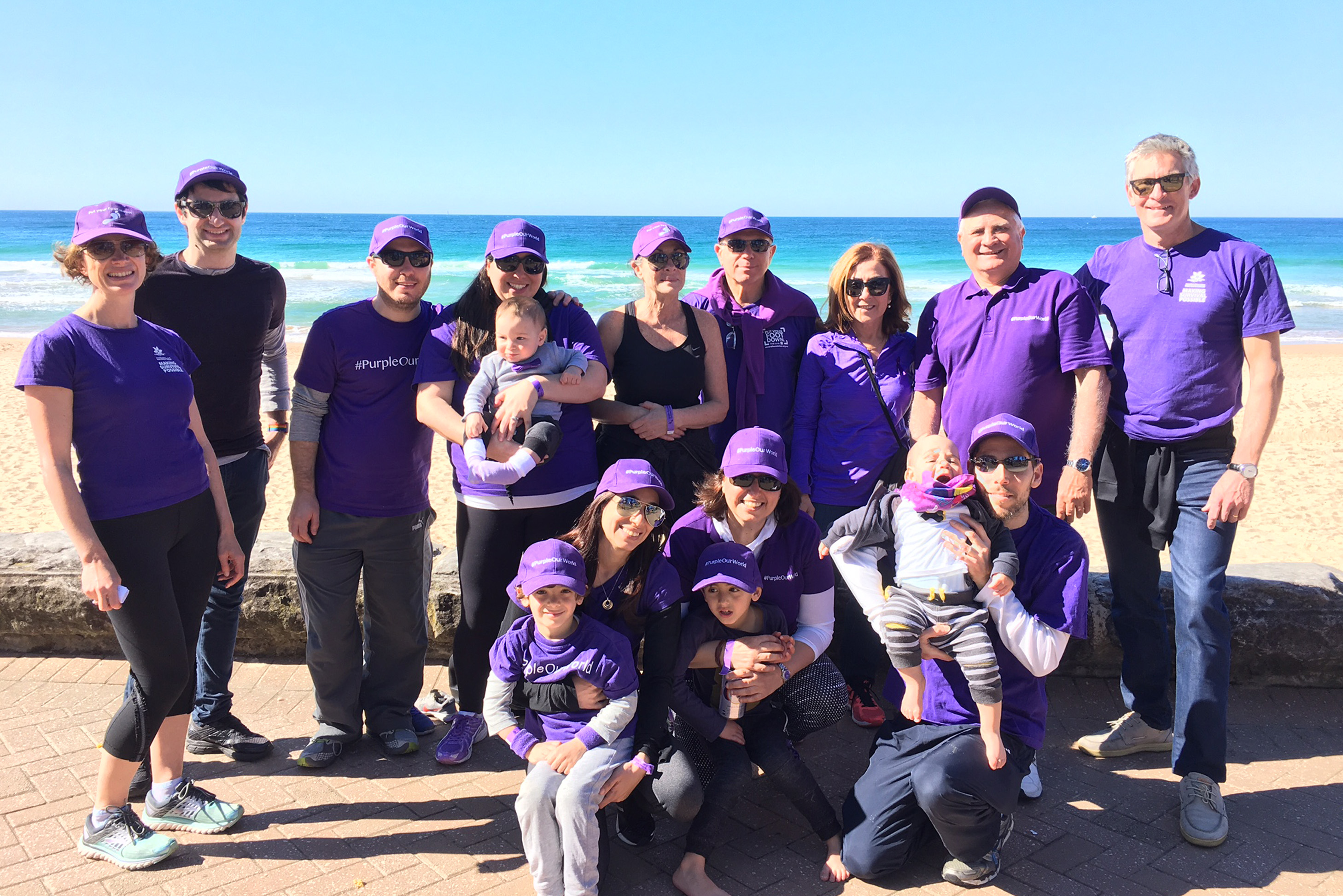Our approach

Pancreatic cancer is the cancer of our generation
Each year more than 3,000 people will die of pancreatic cancer, roughly the same number of people as breast cancer.
Cancer is a devastating diagnosis for both the individual and their loved ones. However, thanks to advances in medicine, research and government action – many cancers have treatment options and much-improved survival prospects. Unfortunately, this is not the case for pancreatic cancer patients. A person diagnosed today has less than 11% chance of surviving for five years.
Lack of time
Pancreatic cancer is a devastating disease which is incredibly difficult to diagnose. It has no distinct symptoms or clear early warning signs. The pancreas is also located deep within the body so people cannot easily feel a lump or see any changes that would alert them or their doctor that they have pancreatic cancer. Coupled with a lack of screening tests, it means that most tumours are not detected until they have started causing symptoms and often this means that it has been growing for some time. Therefore, often when a patient is diagnosed, their cancer is often advanced, making it harder to treat.
The lack of time also prohibits the creation of clinical networks and support systems for patients and families and causes significant distress. Pancreatic cancer is cruelly and ruthlessly effective.
Lack of treatment
Pancreatic tumours are highly heterogeneous. This means that not only is every person’s cancer unique, the cancer cells within the tumour are diverse. They are also surrounded by incredibly dense and complex ‘stroma’, a mixture of cell types that provide physical and nutritional support to the tumour. These features make pancreatic tumours particularly good at resisting treatments. Both traditional chemotherapies and even newer targeted treatments and immunotherapies, that have had transformative effects on other cancers, have largely failed against pancreatic cancer.
Lack of traction
The low visibility of pancreatic cancer, thanks in no small part to its destructive efficacy, has led to a lack of public knowledge, public funding and research into this condition. It is therefore harder for the broad research community, and by extension the pharmaceutical industry, to invest time and research into pancreatic cancer. While there is a dedicated core group of researchers seeking to understand more about the disease, more must be done to support research, encourage translation into the clinic and support current patients.
Our national approach
We put patients at the centre of everything we do. We strive to make real change for people impacted by pancreatic cancer today and in the future.
Our mission is to dramatically improve survival rates and quality of life of those impacted by pancreatic cancer. To tackle the challenges of pancreatic cancer and improve outcomes for patients, we believe national collaboration and commitment to greater focus and funding is needed.
Our approach focuses on three main pillars to address the lack of time, treatments and traction to improve the lives of those living with the disease now and increase survival for those diagnosed in the future. Our research programs are assessed by our Scientific Advisory Panel, an international panel of researchers and clinicians to ensure the integrity of our funding.
Research funding, across four key areas:
1. New treatments
Identifying novel therapeutics including the repurposing of existing medicines and immunotherapy.
Program rationale and objectives
Treatment for patients, especially with advanced disease, is limited and often ineffective. New approaches to treatment are required, including new treatments and the use of combination strategies.
Outcomes from investment
New approaches to treatment for pancreatic cancer, including immunotherapeutic approaches, may lead to the success seen in other cancers. Investment in clinical trials for pancreatic cancer would allow Australian’s to have access to potentially effective medicines before they become otherwise available.
2. Early detection
Identification of new biomarkers and technologies for prevention, early intervention and early detection.
Program rationale and objectives
Early detection could improve survival significantly. Identifying biomarkers for pancreatic cancer would allow earlier, less invasive diagnosis, leading to better survival rates.
Outcomes from investment
Improvements in early detection will be a breakthrough in pancreatic cancer survival. Patients diagnosed in time for surgery have 5-year survival rates approaching 30%.
3. Optimising current treatment
Unravelling pancreatic cancer’s resistance to conventional chemotherapy and radiotherapy.
Program rationale and objectives
There is an urgent need to learn more about pancreatic cancers innate resistance to conventional therapies. The most promising treatment regimens need to be tested through a national program of clinical trials. Supporting clinicians to create national guidelines of best practice.
Outcomes from investment
A systematic, national program of clinical trials of conventional chemotherapy and radiotherapy would be world leading, resulting in a more personalised approach with patients receiving correct therapies and avoiding toxic, futile treatments.
4. Understand the microenvironment
Understanding the pancreatic cancer microenvironment.
Program rationale and objectives
In the pancreatic micro-environment or “stroma”, tumours are protected from the body’s natural defences by a dense, collagenous tissue. A greater understanding of the microenvironment can lead to new strategies to treat pancreatic cancer growth, metastasis and improved drug delivery to the tumour site.
Outcomes from investment
Investment in increasing the understanding of the pancreatic cancer microenvironment would create new druggable targets, improve the ability of cancer treatments to reach the tumour and may alter the ability for the tumour to respond to treatments, including immunotherapy.
Patient and Carer Hub
The devastating pace of pancreatic cancer means there is little time for the traditional support structures to be developed that are commonplace in other cancers. This, in turn, sees patients suffer and die in silence and exacerbates the lack of voice, lack of understanding and lack of action.
Avner Pancreatic Cancer Foundation brings people impacted by pancreatic cancer together by providing a place of community, guidance and support. Stronger together, we are creating a movement and advocating for change.
Our patient and carer hub activities include the provision of critical information and cultivating a supportive and active community.
Network of Excellence
There is a passionate and expert group of clinicians across Australia who are dedicating their lives to improving outcomes for those diagnosed with pancreatic cancer. However, they are missing a vital piece of the puzzle; a common place to share their knowledge on methods, treatment and diagnosis.
Without a collaborative approach to the disease, and the establishment of a framework to connect pancreatic cancer specialists across Australia, there won’t just be a disparity among the different cancers, there will be a disparity among those with pancreatic cancer, whose fate will be determined by their postcode.
By creating a Network of Excellence, we will support clinicians providing patient treatment to work together to provide optimal care.
PanKind Foundation believes we can be the generation that transforms the lives of people impacted by pancreatic cancer, but we need your help. Join us in our mission.








